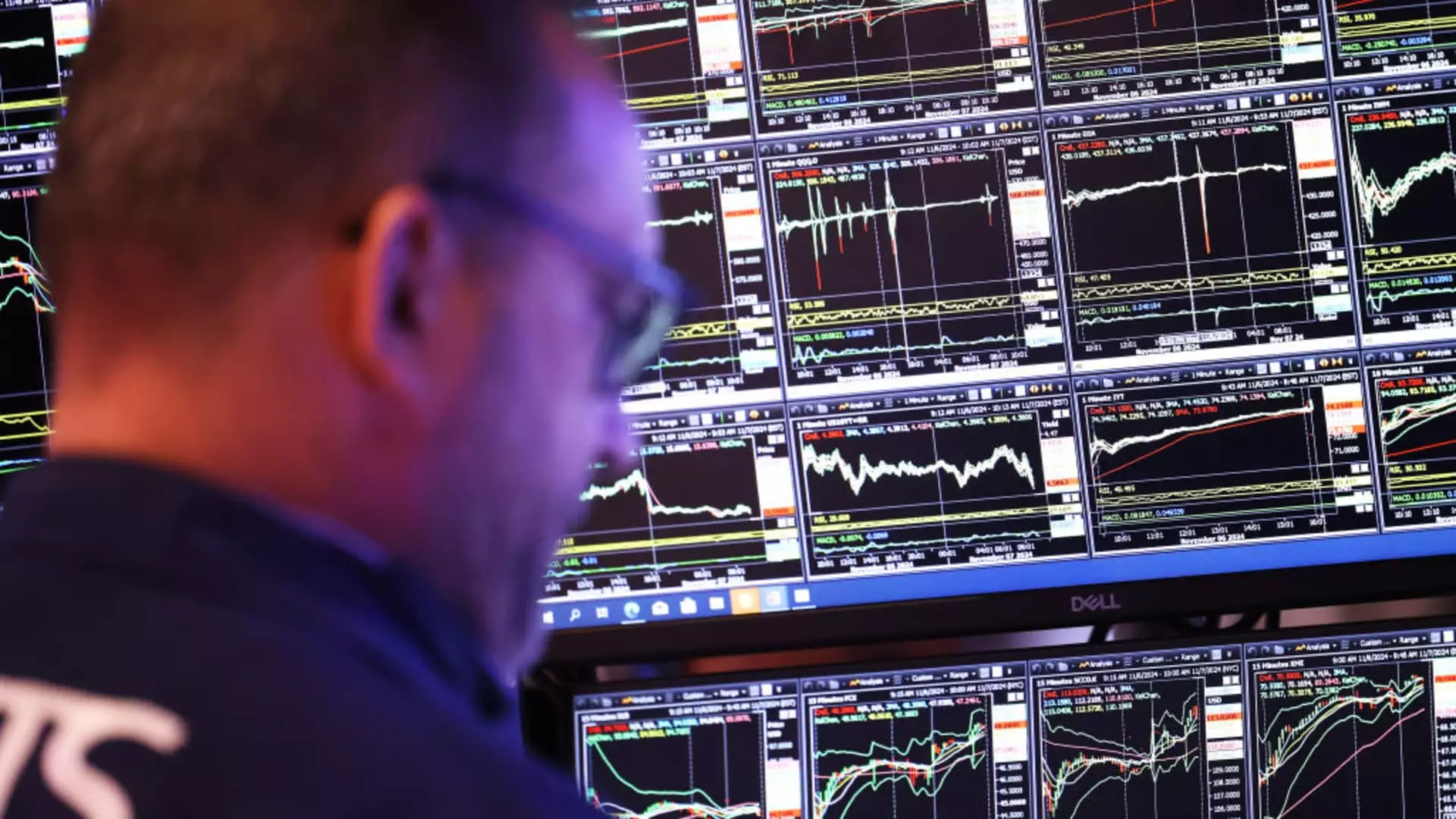On Monday, European markets opened on a cautious note, evidenced by the Stoxx 600 index dipping 0.14% shortly after the trading session began. Traders appeared to be positioning themselves defensively, preparing for a pivotal week filled with potential shifts in monetary policy from several leading central banks. Amid this backdrop, the significant losses in the automotive sector nudged the index further down, indicating market sensitivity to both economic indicators and geopolitical developments.
France’s CAC 40 index bore the brunt of investor anxiety, experiencing a 0.58% decline as stakeholders reacted to Moody’s unexpected downgrade of the nation’s credit rating from Aa2 to Aa3. The decision, announced over the weekend, was justified by Moody’s concerning observations about the potential deterioration of France’s public finances in the context of ongoing political instability. The recent announcement of Francois Bayrou as the country’s fourth prime minister this year signaled the fragility within the French government, further fueling apprehensions among investors regarding the nation’s economic stability.
In a contrasting highlight, Vivendi, a significant player in the media landscape, saw its stock surge by 33% following the successful listing of three of its previously consolidated businesses on the European stock exchanges. This spinoff strategy, approved by shareholders, aimed to unlock value by allowing each entity to individually address their specific market segments. Nevertheless, Canal+, one of the spinoff entities and a renowned broadcasting and film studio, faced challenges as its shares fell by 13% upon entering the London Stock Exchange—a stark reminder of market volatility and investor skepticism.
Meanwhile, other companies within the spinoff model benefited significantly. The Hachette Group surged 25% in Paris, and Havas, an advertising and public relations firm, increased by 6% in Amsterdam, making them leading performers relative to the broader Stoxx 600 index.
As investors turned their gaze to Germany, a vote of confidence was anticipated in parliament, stirring underlying tensions within the current political landscape. Chancellor Olaf Scholz’s call for a no-confidence vote stems from the collapse of his governing coalition last month, raising concerns about potential early elections and broader implications for policy directions in Europe. This scenario adds another layer of complexity to an already uncertain market environment.
Back across the Atlantic, all eyes are set on the U.S. Federal Reserve’s upcoming monetary policy meeting on December 18. Current analyses, such as the CME Fedwatch tool, suggest a high probability—96%—of a 25-basis-point rate cut, which traders will scrutinize closely. The subsequent policy statement and the comments from Fed Chair Jerome Powell are set to provide crucial insights into future interest rate trajectories, impacting global market dynamics significantly.
Similarly, the Bank of England’s meeting on December 19 could add to the week’s uncertainty, with investors currently pricing in a slim chance of further rate reductions. This confluence of events is likely to keep European markets on a watchful edge as they navigate through both local and international economic currents.


Leave a Reply